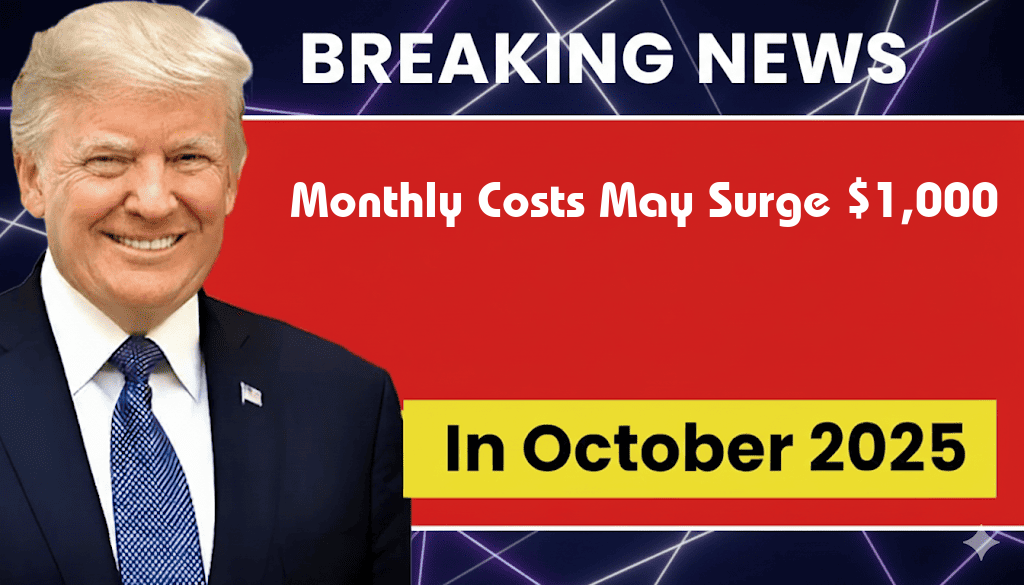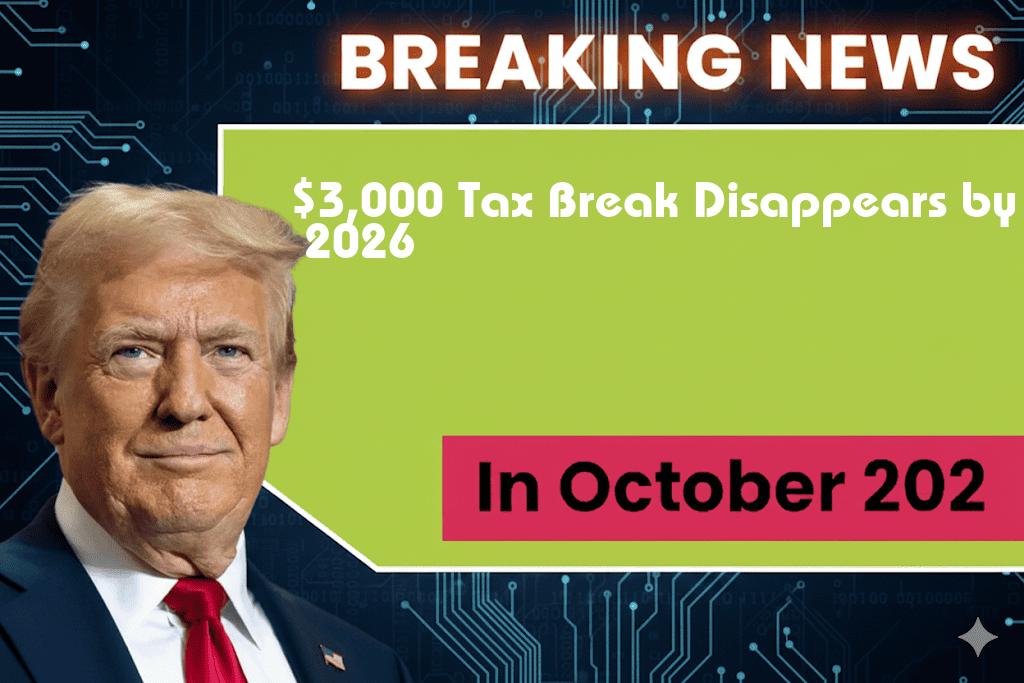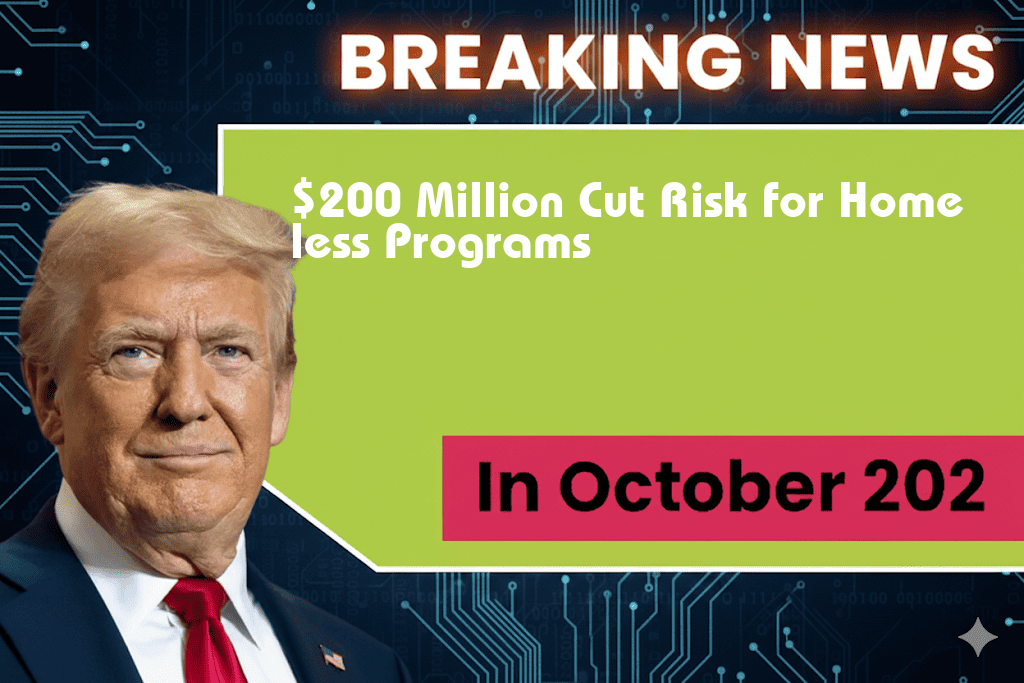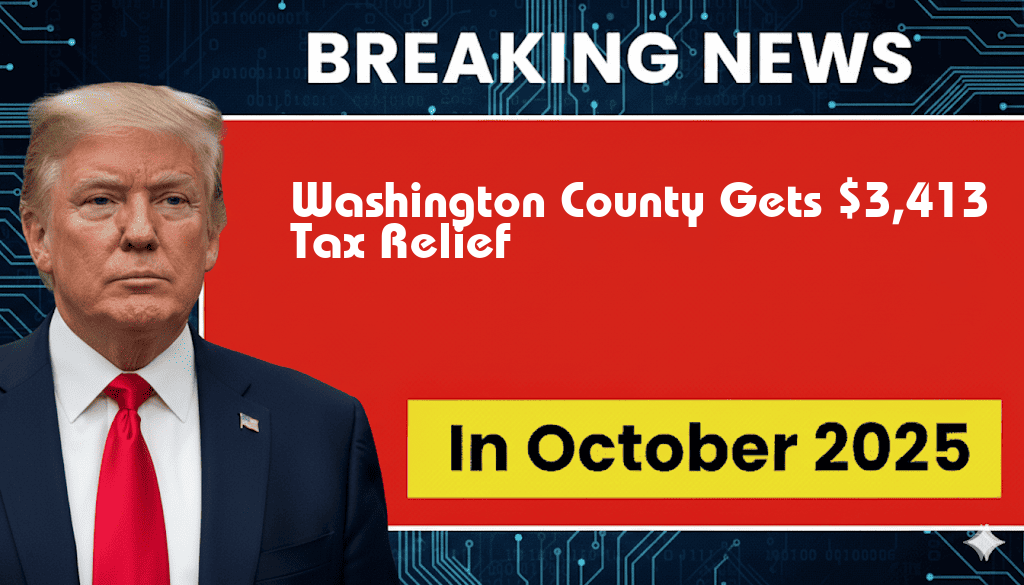
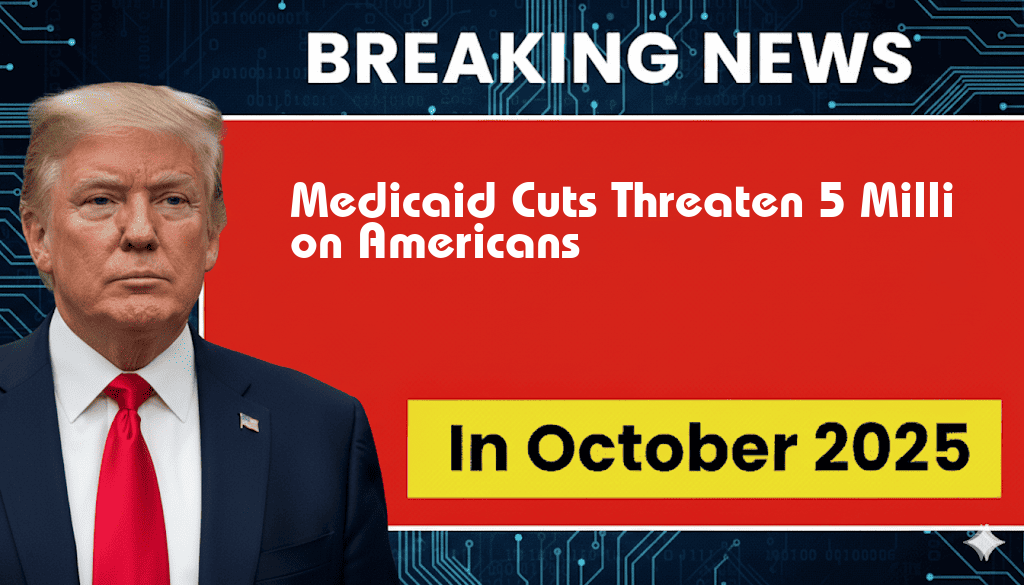
The impending cuts to Medicaid funding, projected to reach $X billion, could pose significant risks to the health and well-being of approximately 5 million Americans. As lawmakers deliberate on budget adjustments, the potential consequences of slashing Medicaid allocations are raising alarms among healthcare advocates, patients, and policymakers alike. These cuts, driven by various political and economic factors, threaten to strip essential health services from vulnerable populations, including low-income families, the elderly, and individuals with disabilities. The ramifications of these cuts extend beyond individual health, potentially straining the healthcare system and increasing the financial burden on state governments.
Understanding Medicaid’s Role in American Healthcare
Medicaid is a critical safety net program that provides health coverage to millions of low-income individuals and families across the United States. Established in 1965, it assists with medical expenses, ensuring access to necessary healthcare services for those who might otherwise be unable to afford them. States administer the program with federal support, making it vital for both healthcare providers and patients.
Who Would Be Affected by the Cuts?
The proposed cuts to Medicaid funding could disproportionately affect several groups:
- Low-Income Families: Many families rely on Medicaid for essential health services such as routine check-ups, emergency care, and preventive services.
- The Elderly: Older adults often depend on Medicaid for long-term care and related services, which are crucial for maintaining quality of life.
- Individuals with Disabilities: Medicaid is a primary source of support for those with disabilities, covering essential therapies and medical treatments.
Potential Consequences of Medicaid Cuts
Experts warn that significant reductions in Medicaid funding could lead to dire consequences for both patients and healthcare systems. Some of the key impacts include:
- Reduced Access to Care: With cuts to funding, healthcare providers may limit the services they offer or become unavailable to Medicaid patients, resulting in longer wait times and reduced access.
- Increased Uncompensated Care: Hospitals and clinics may face financial strain as they continue to provide care to uninsured individuals, leading to higher costs that could ultimately be passed on to taxpayers.
- Higher Rates of Chronic Illness: Without access to preventive care, many patients may experience worsening health outcomes, leading to increased emergency room visits and hospitalizations.
State Responses to Funding Cuts
States across the country are bracing for the potential impacts of these cuts. Many states may be forced to make difficult decisions regarding their healthcare budgets. Some possible responses include:
- Adjusting Eligibility Requirements: States might tighten eligibility criteria, which could lead to millions losing their Medicaid coverage.
- Reducing Benefits: States may opt to cut or limit specific services, impacting the overall quality of care available to patients.
- Implementing New Taxes: To offset the loss of federal funds, some states may introduce new taxes or increase existing ones, which could create additional financial burdens for residents.
Advocacy and Public Response
The potential cuts have sparked a wave of activism, with healthcare advocates and community organizations rallying to protect Medicaid funding. Public campaigns are being launched to raise awareness about the critical role Medicaid plays and to urge lawmakers to reconsider proposed budget cuts. Many believe that Medicaid is not just a program but a lifeline for millions of Americans, emphasizing that access to healthcare should not be a privilege based on income.
Conclusion: The Way Forward
As the debate over Medicaid funding heats up, it remains crucial for stakeholders to engage in constructive dialogue to address the needs of vulnerable populations. The future of Medicaid funding will significantly influence the health outcomes of millions, and it is essential for policymakers to prioritize equitable access to healthcare in their decisions. For more information about Medicaid and its impact, visit Wikipedia or read the analysis on Forbes.
Frequently Asked Questions
What are the upcoming Medicaid cuts about?
The upcoming Medicaid cuts are projected to total $X billion and could significantly impact healthcare access for millions of Americans.
How many people could be affected by these cuts?
It is estimated that approximately 5 million Americans could be endangered by the impending Medicaid cuts, potentially losing their healthcare coverage.
What services might be impacted by the Medicaid cuts?
The Medicaid cuts could lead to reductions in essential services, including preventive care, mental health services, and long-term care for vulnerable populations.
What are the potential consequences of these cuts?
The consequences of the Medicaid cuts may include increased uninsured rates, higher healthcare costs for individuals, and greater strain on emergency services.
How can people advocate against these Medicaid cuts?
Individuals can advocate against the Medicaid cuts by contacting their local representatives, participating in community forums, and raising awareness through social media campaigns.


